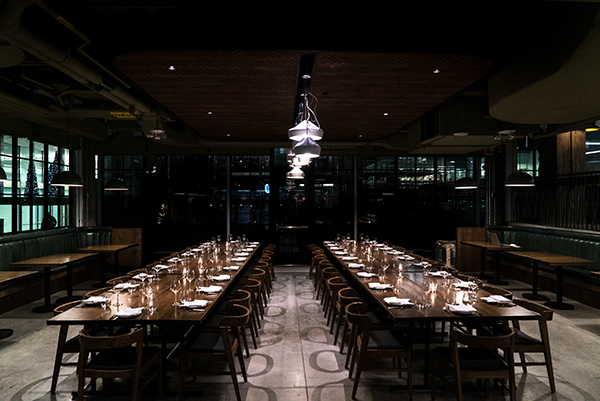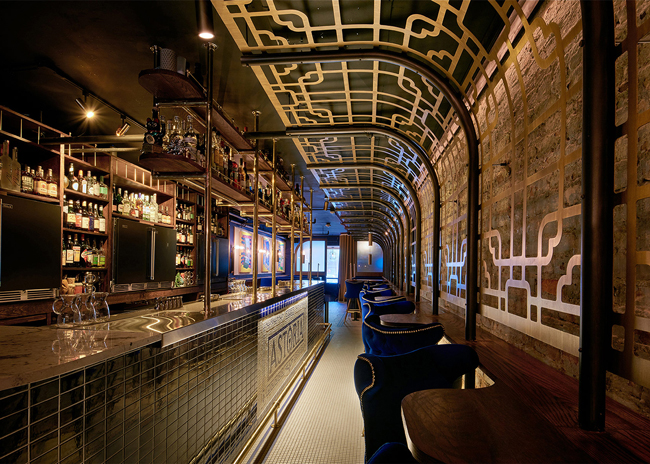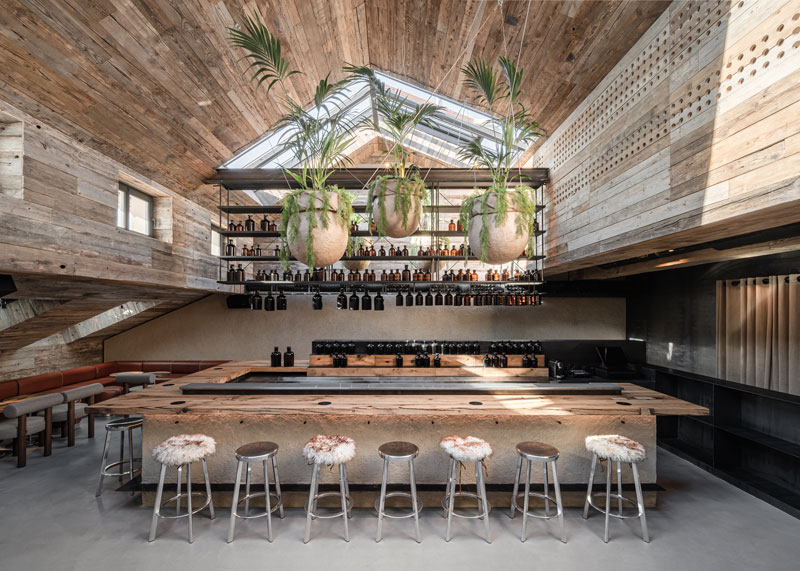Defining Experiences
Experiences affect behavior, shape the status of a relationship, create memories and affect how people feel. Obviously, these are important factors that need to be seriously considered in any business and even more so in service businesses such as restaurants. As you know, the experience derived at a restaurant is as much the product as the food itself.
But products and service do not solely define or limit an experience. What makes Chipotle Mexican Grill unique and differentiates it from other concepts is not just its great food, but a focused menu, a different way to order and a distinctive environment. Together, those attributes add up to a consistently positive experience that supports people's understanding of the core tenets of Chipotle's brand strategy.
Granted, Chipotle had the advantage of starting from scratch, not burdened with a brand history or the need to retrofit existing units. However, well-established brands can do it, too, as McDonald's has proven with its remarkable changes over the past several years.
How do you know if you've successfully defined your desired brand experience? You're on the right track if most people can consistently describe it, they can do so in a way that reflects the intended brand strategy, and the customer experience is core to the customer relationship. Can you say that about your restaurant?
The Right Approach
So, how do you get there? To move beyond the superficial, it's imperative first to think deeply and broadly about the ideal guest experience for your brand, and then follow a disciplined process to define it. This means asking the right questions, challenging assumptions and getting the right players involved from different functions and departments. Creating a truly differentiated customer experience is all about the approach and the process, which requires careful planning. It usually doesn't happen by chance or through a couple of brainstorming meetings.




